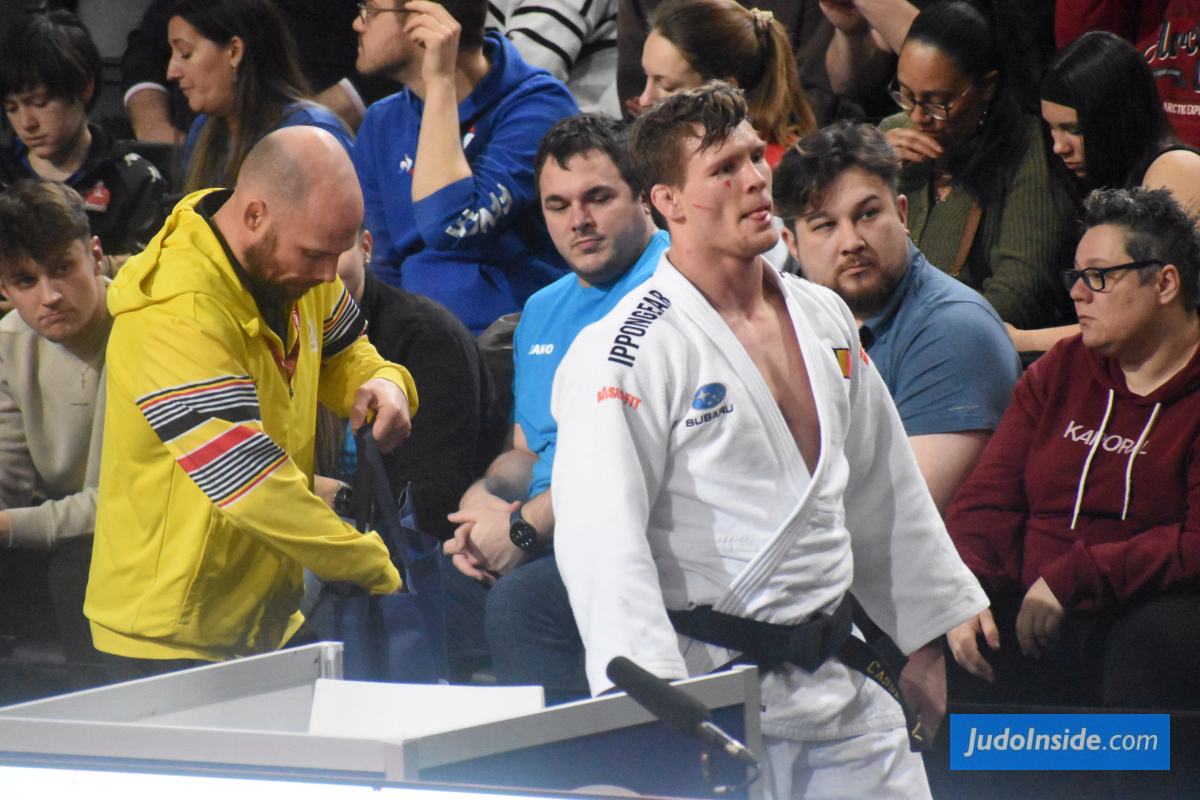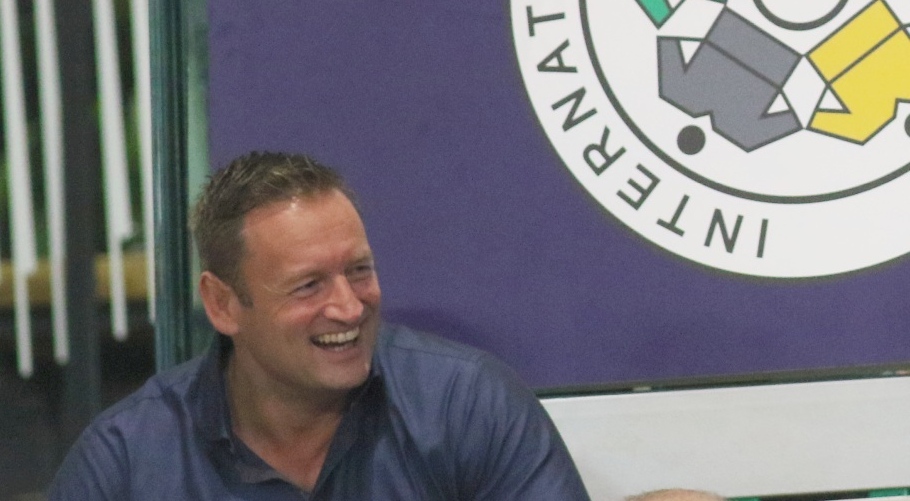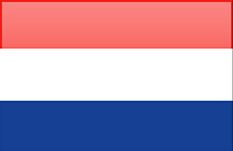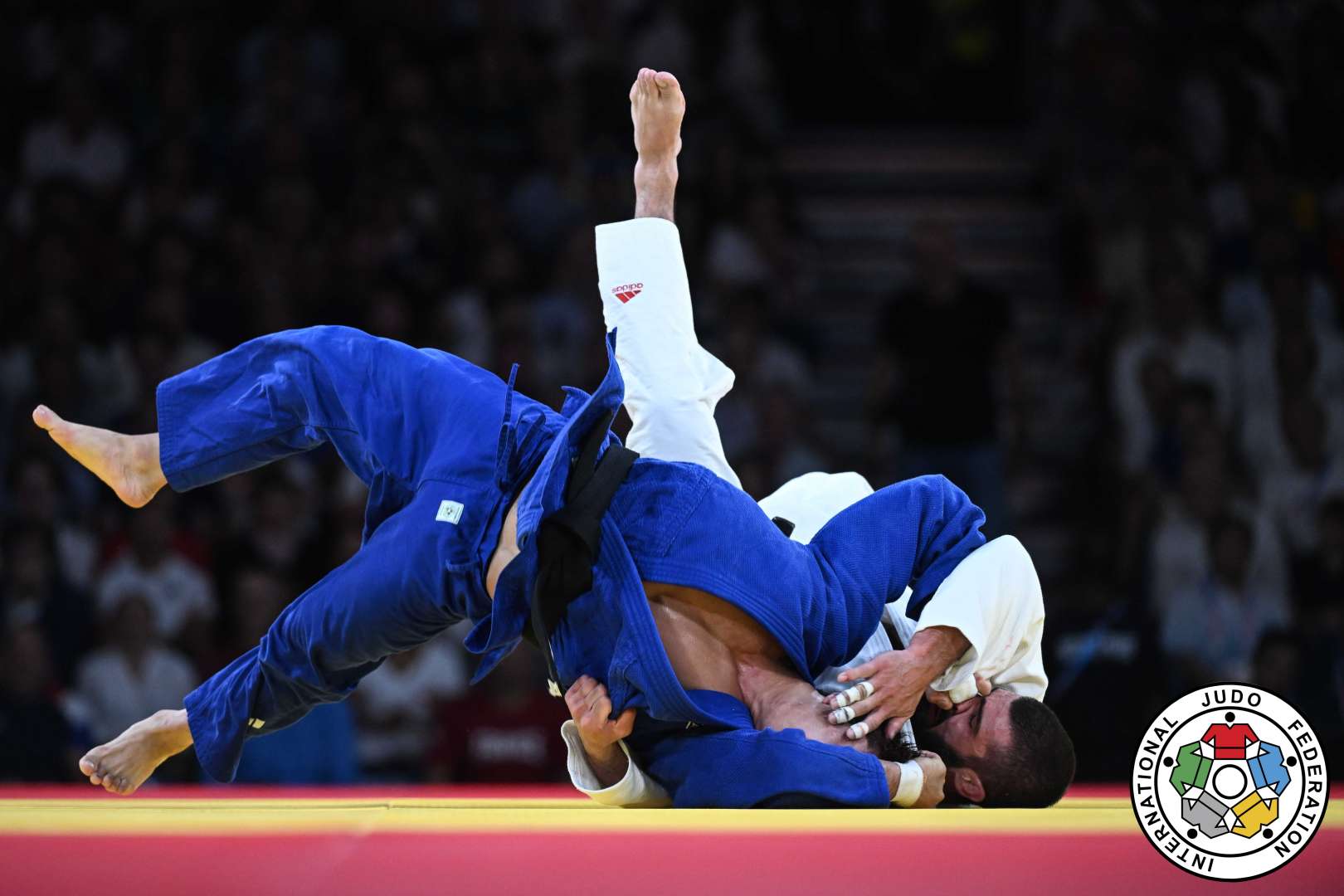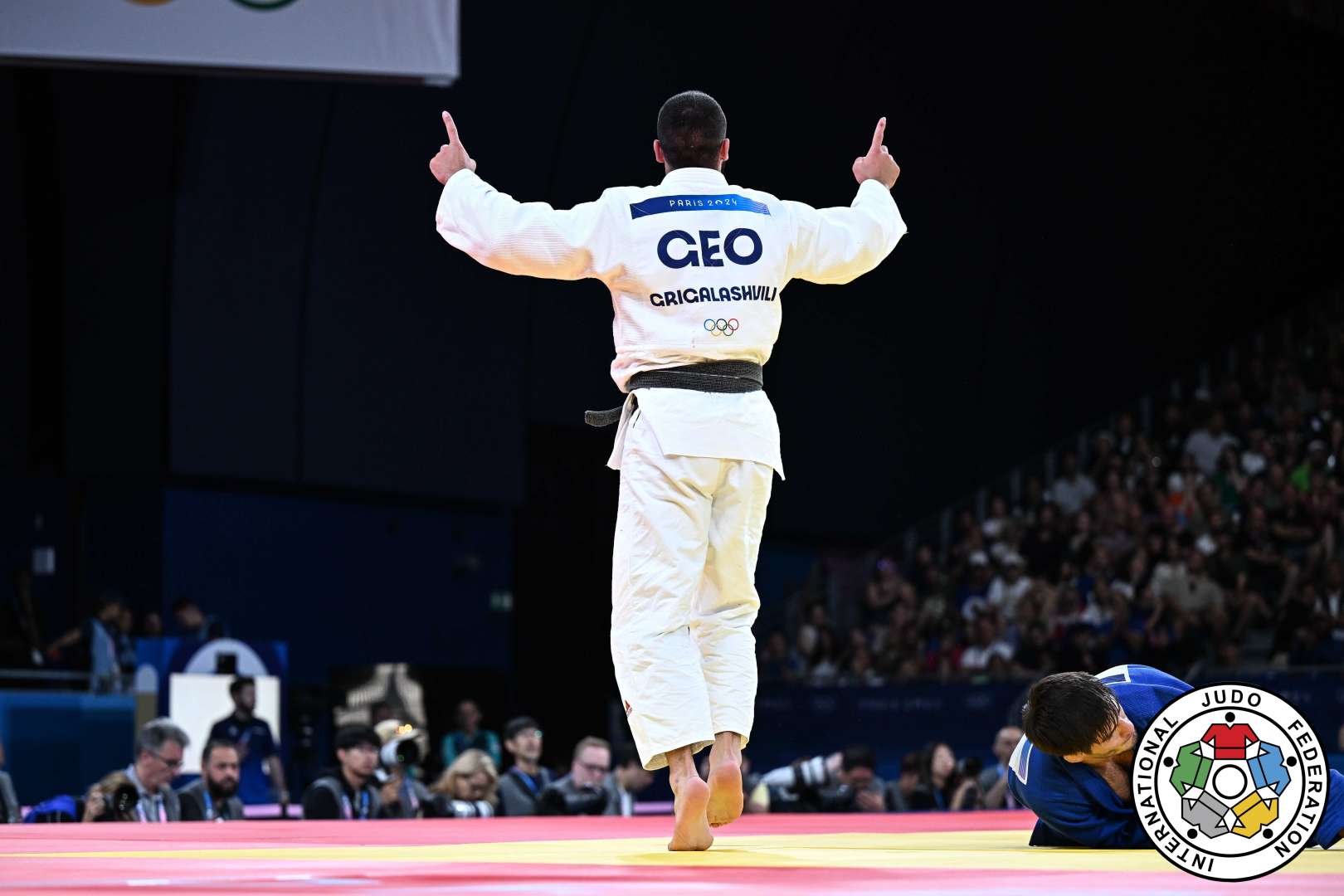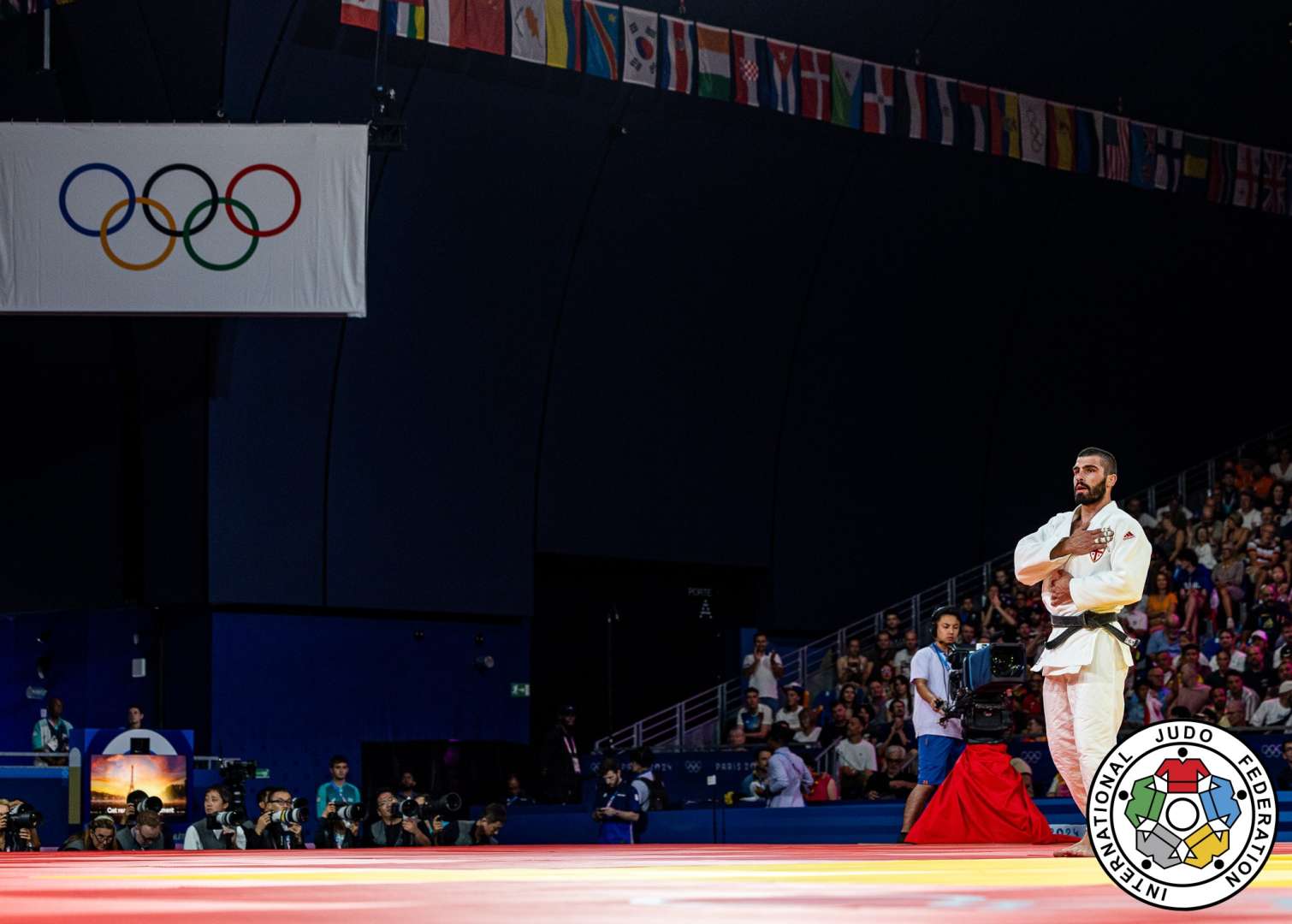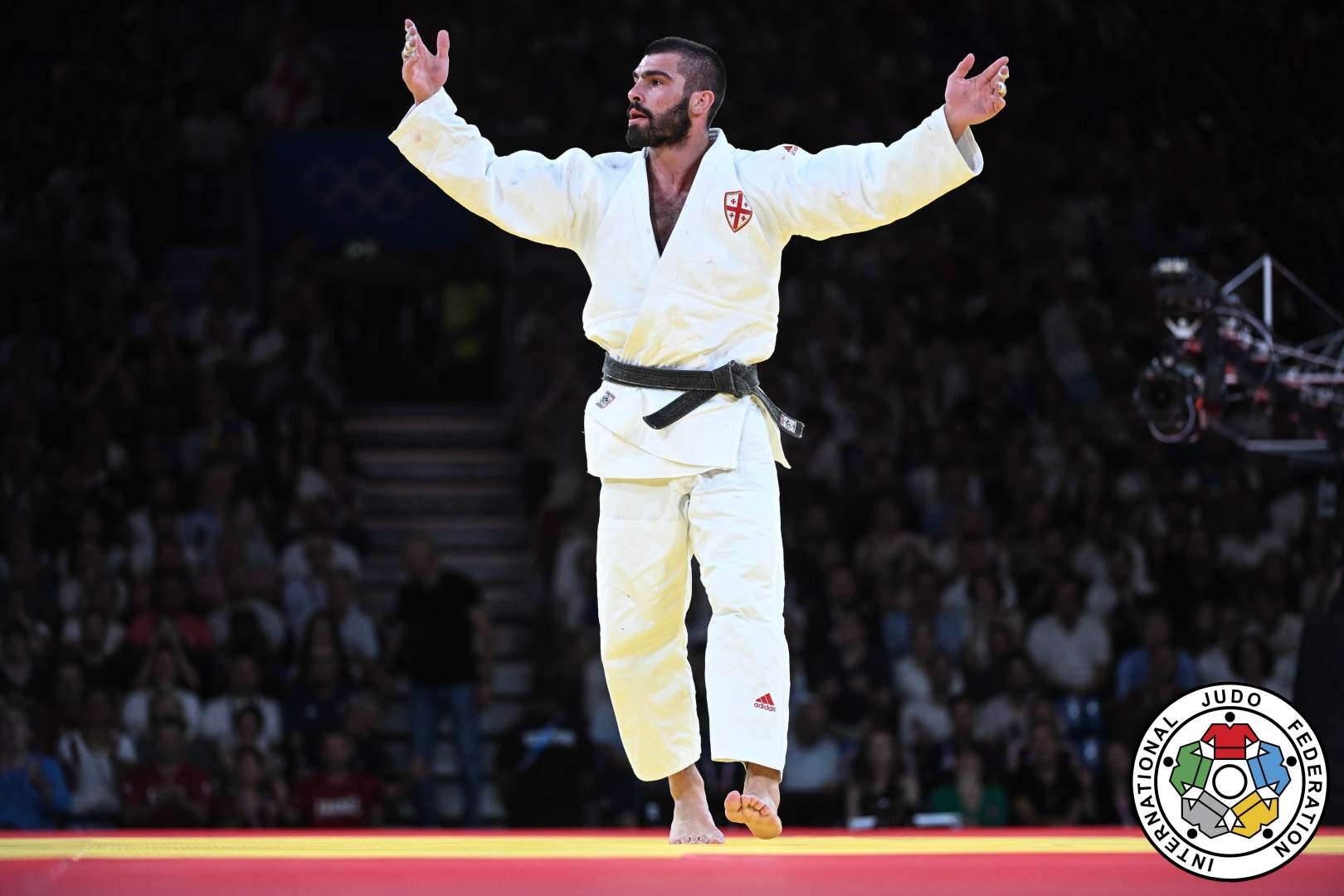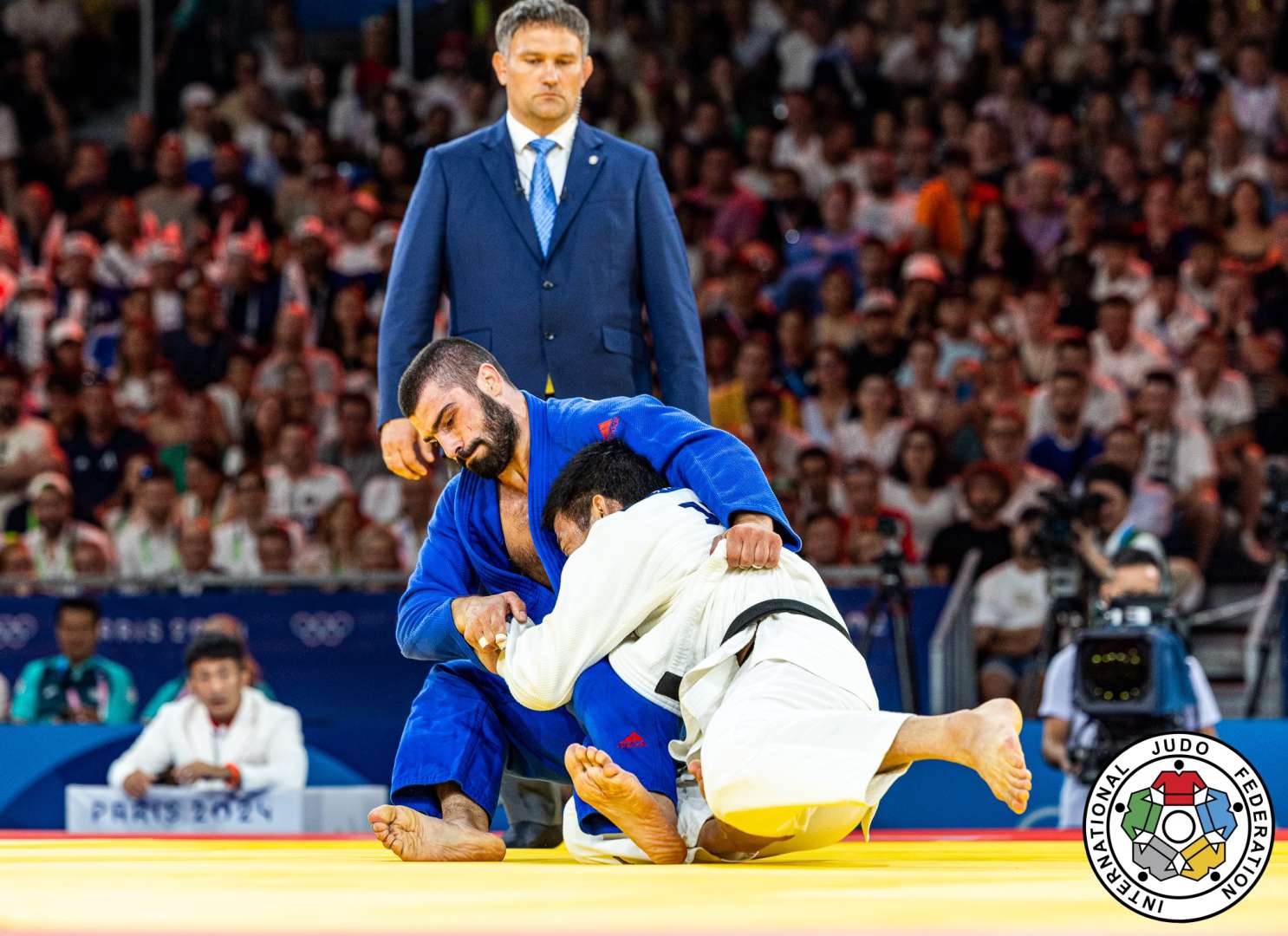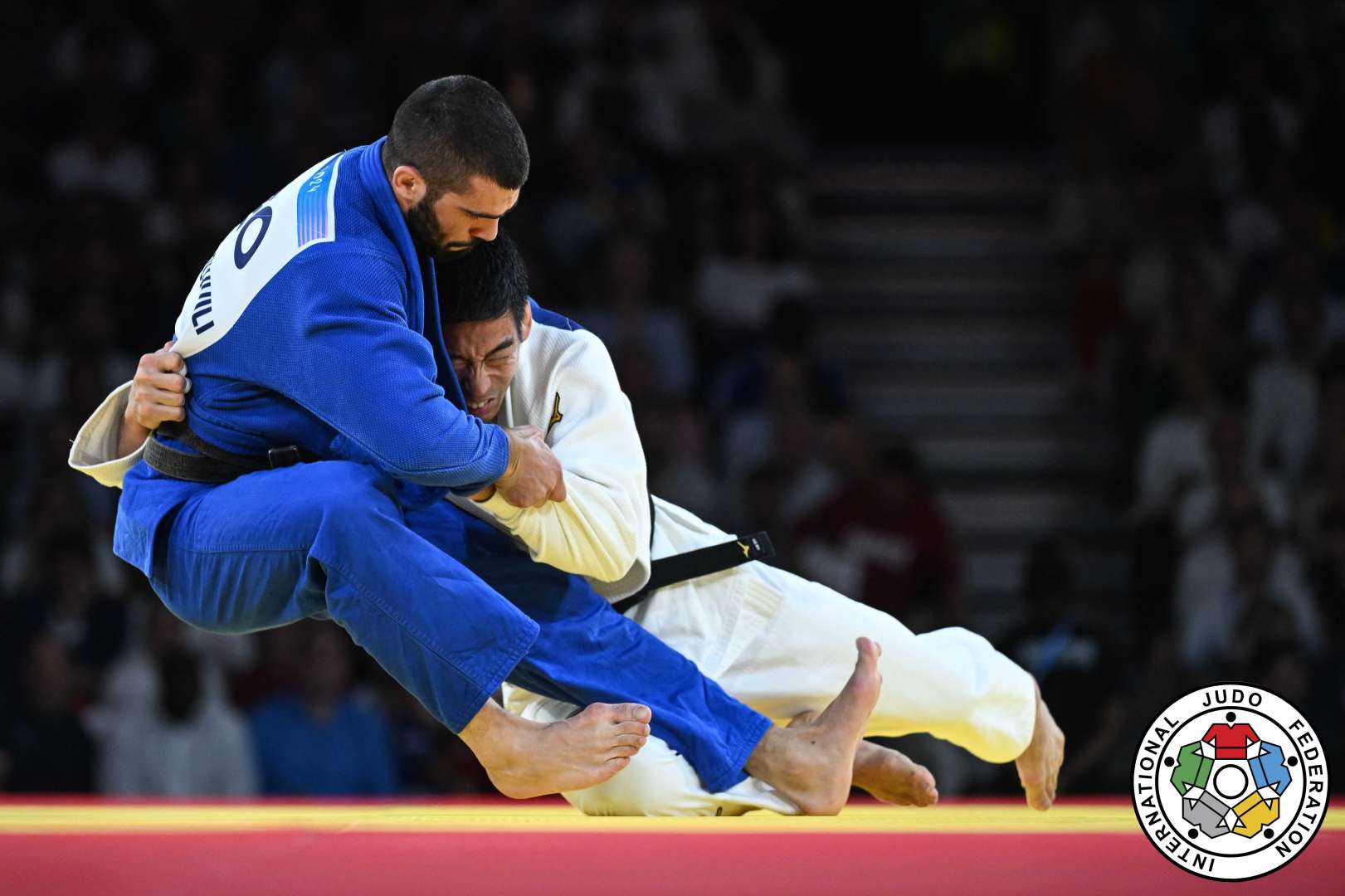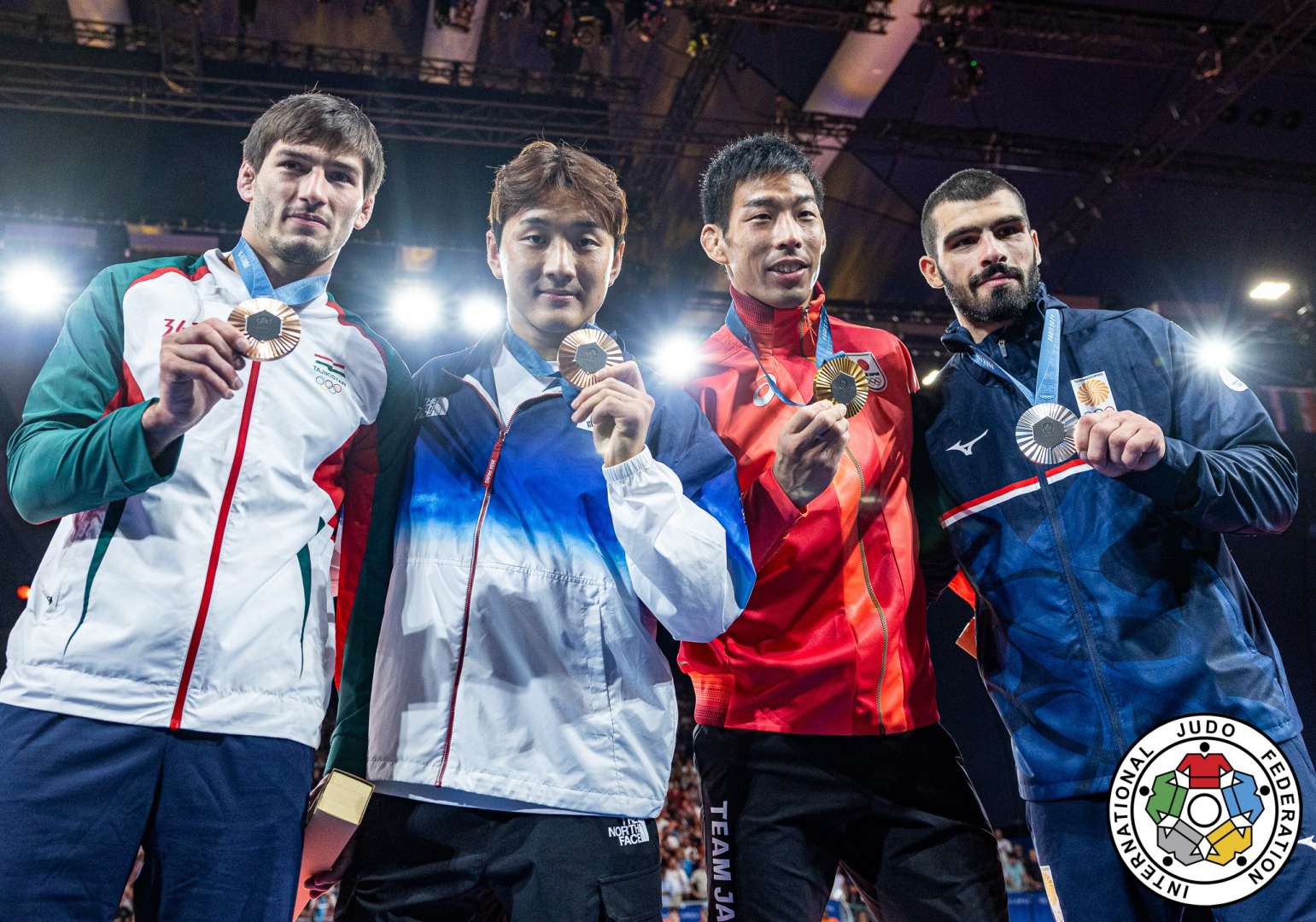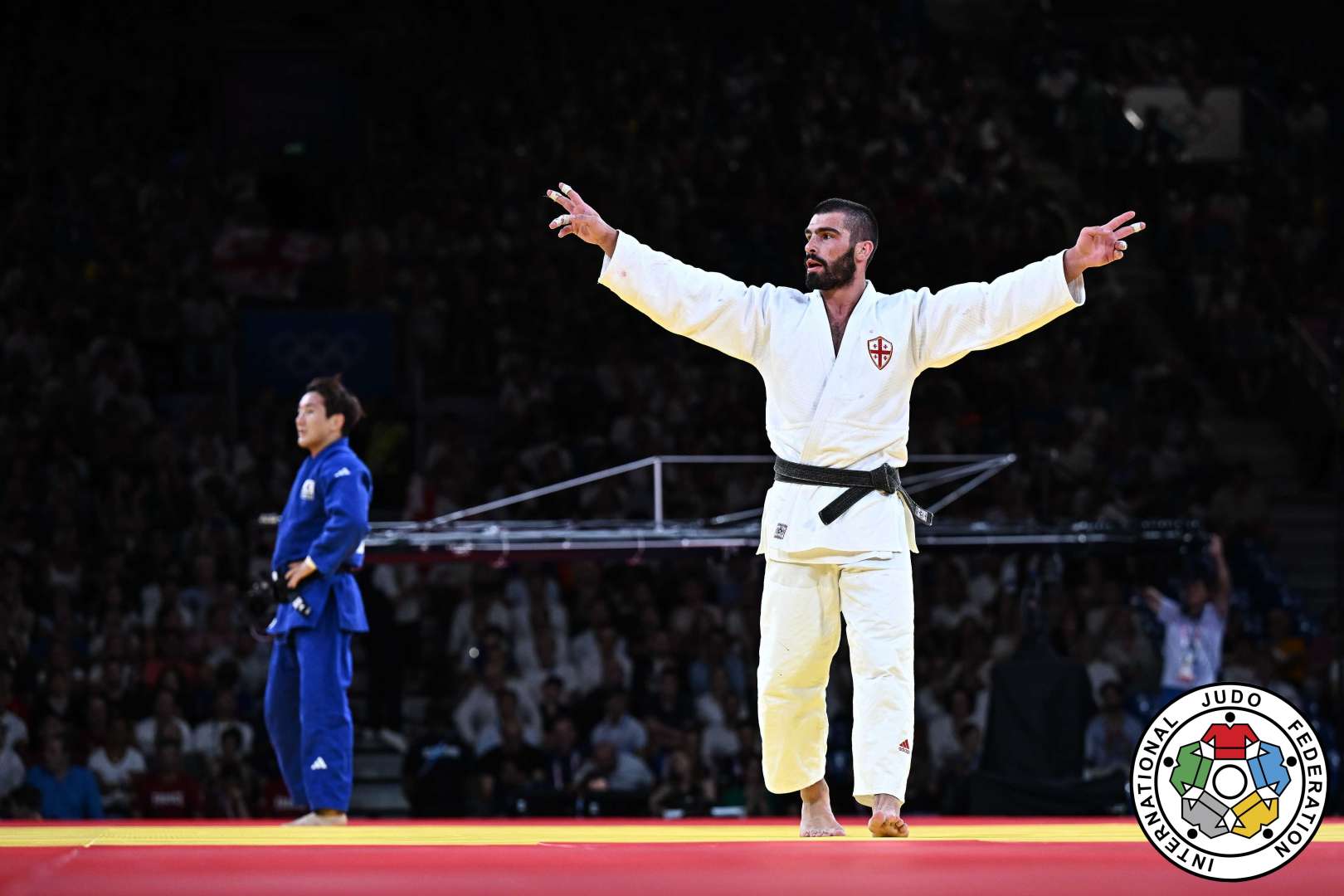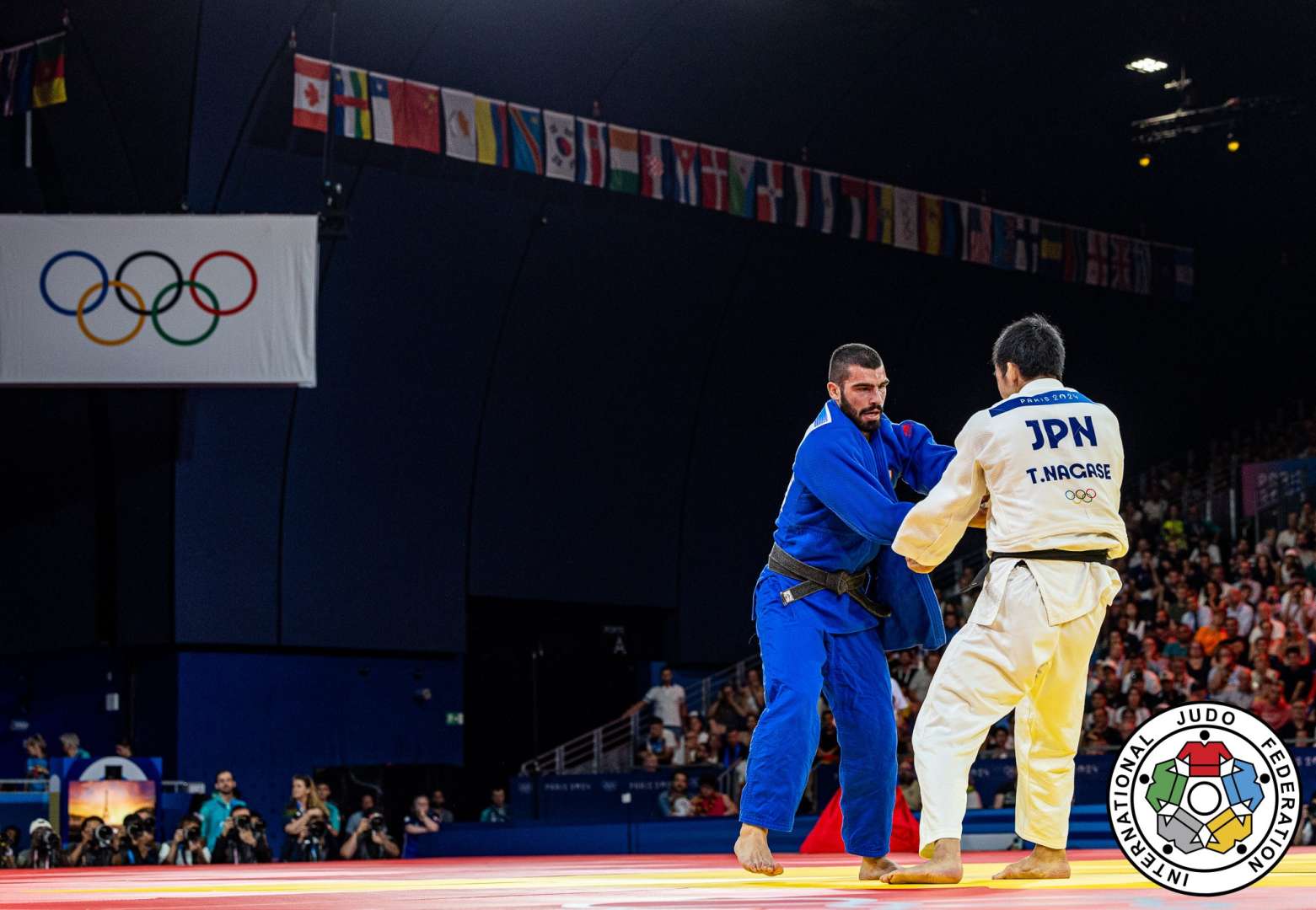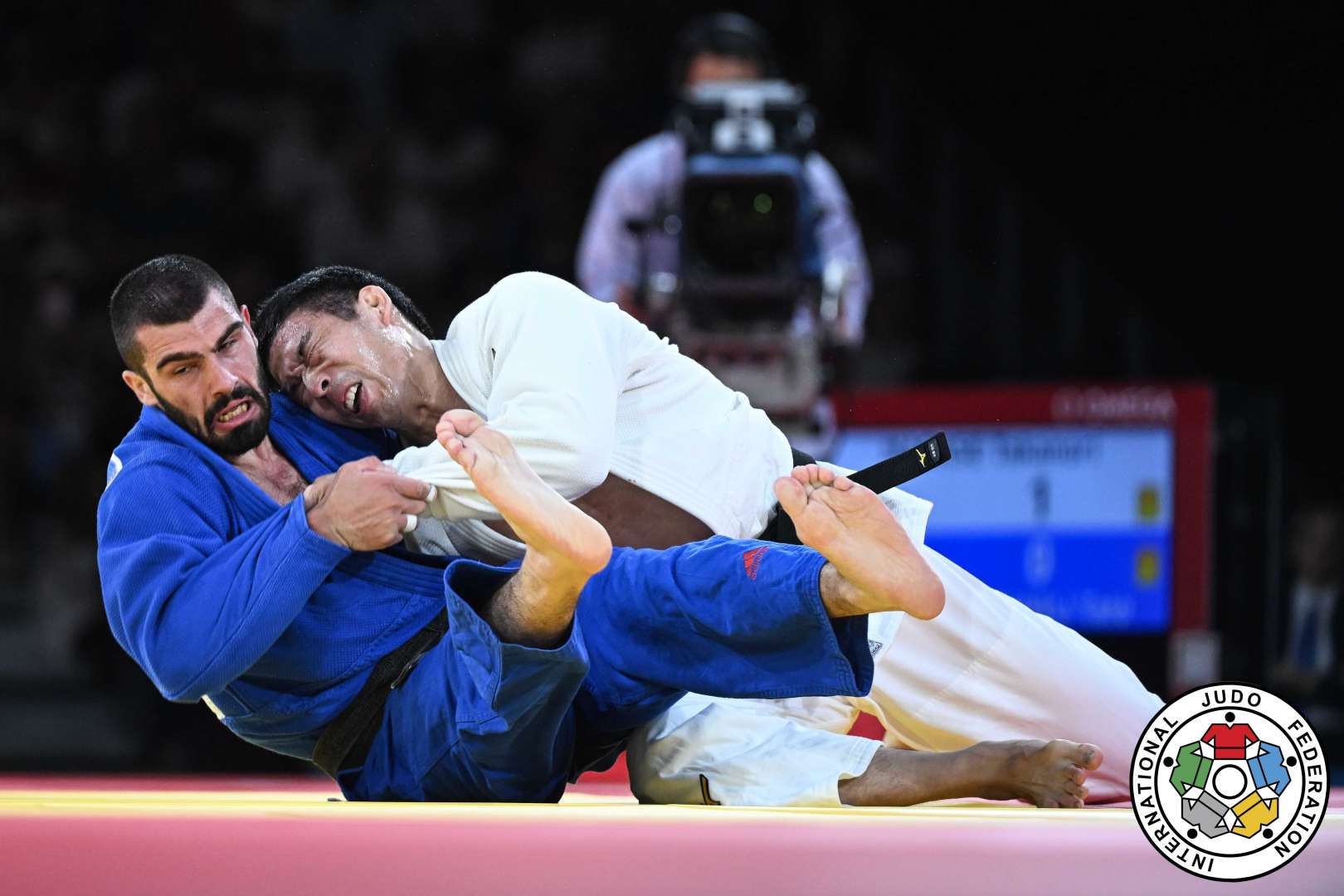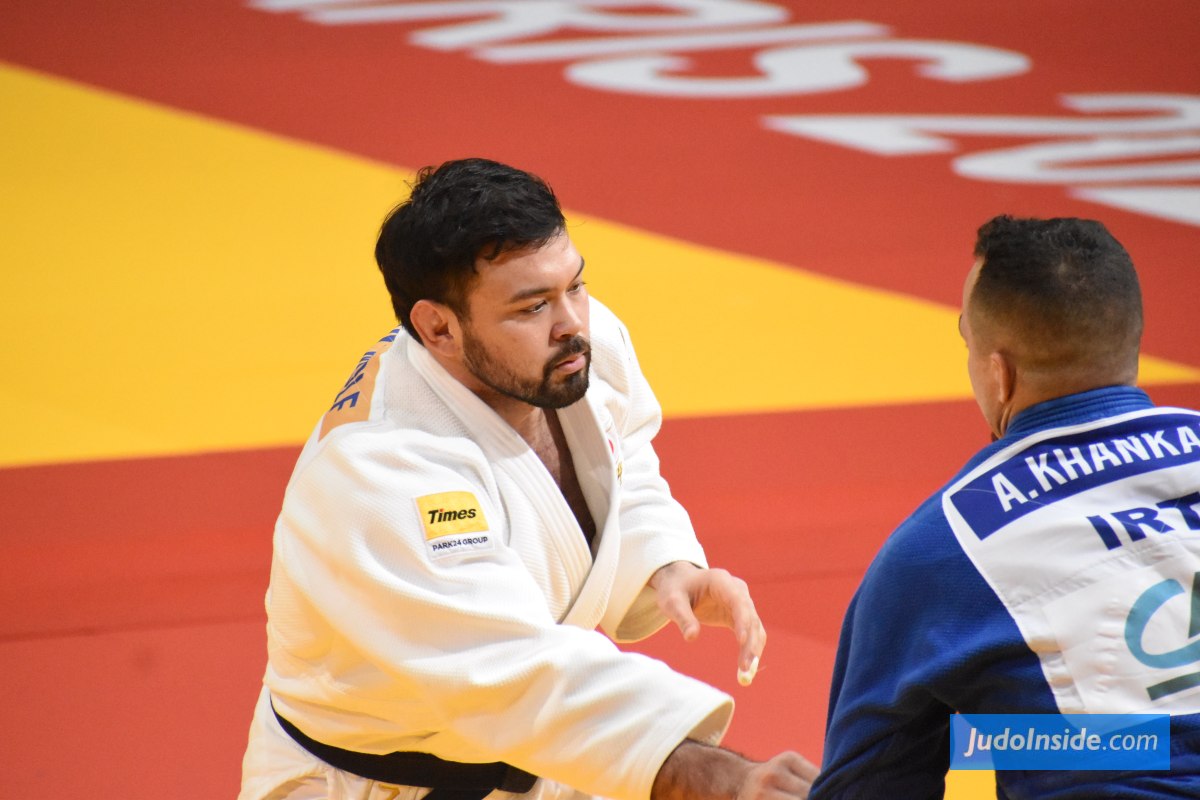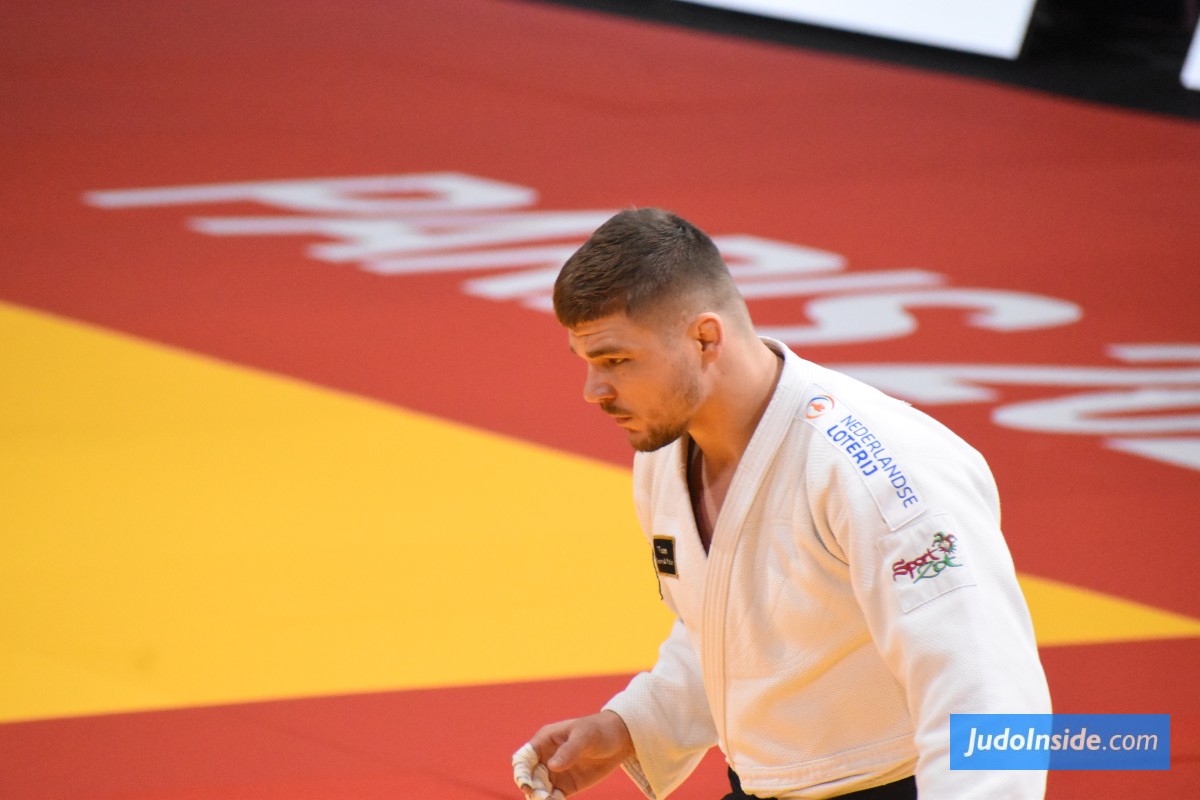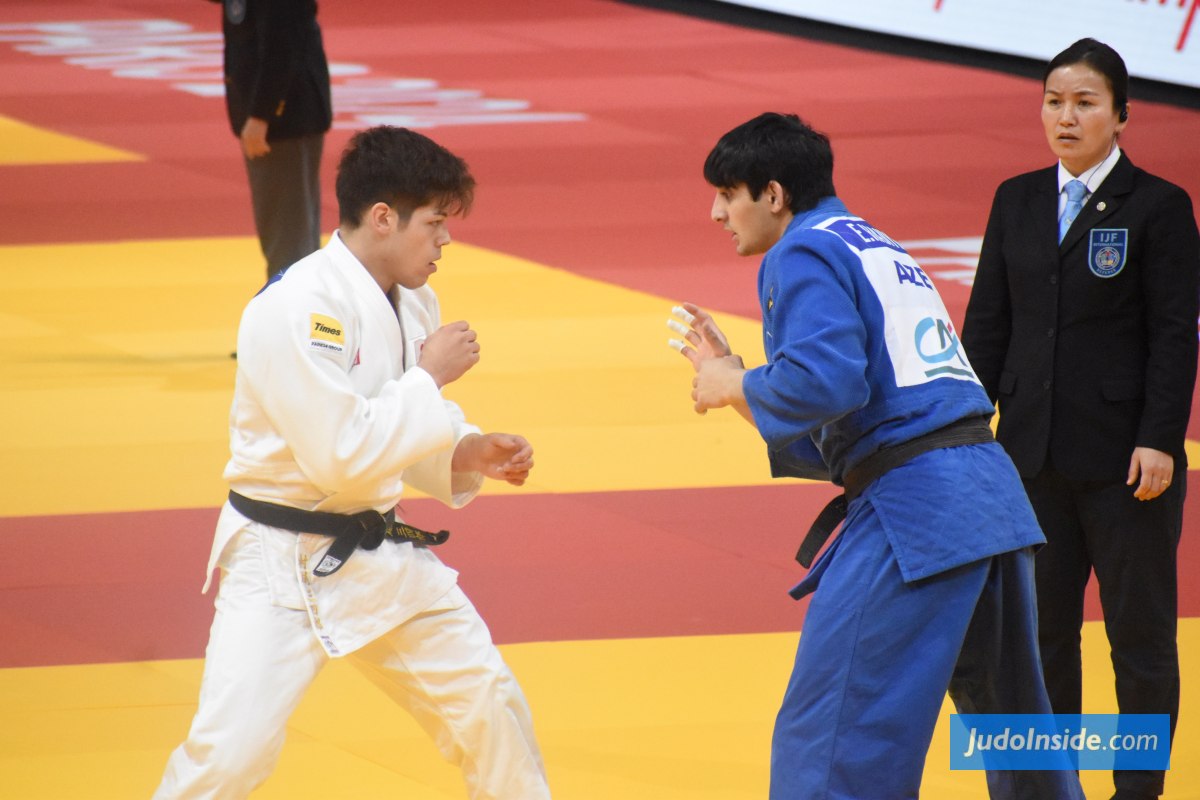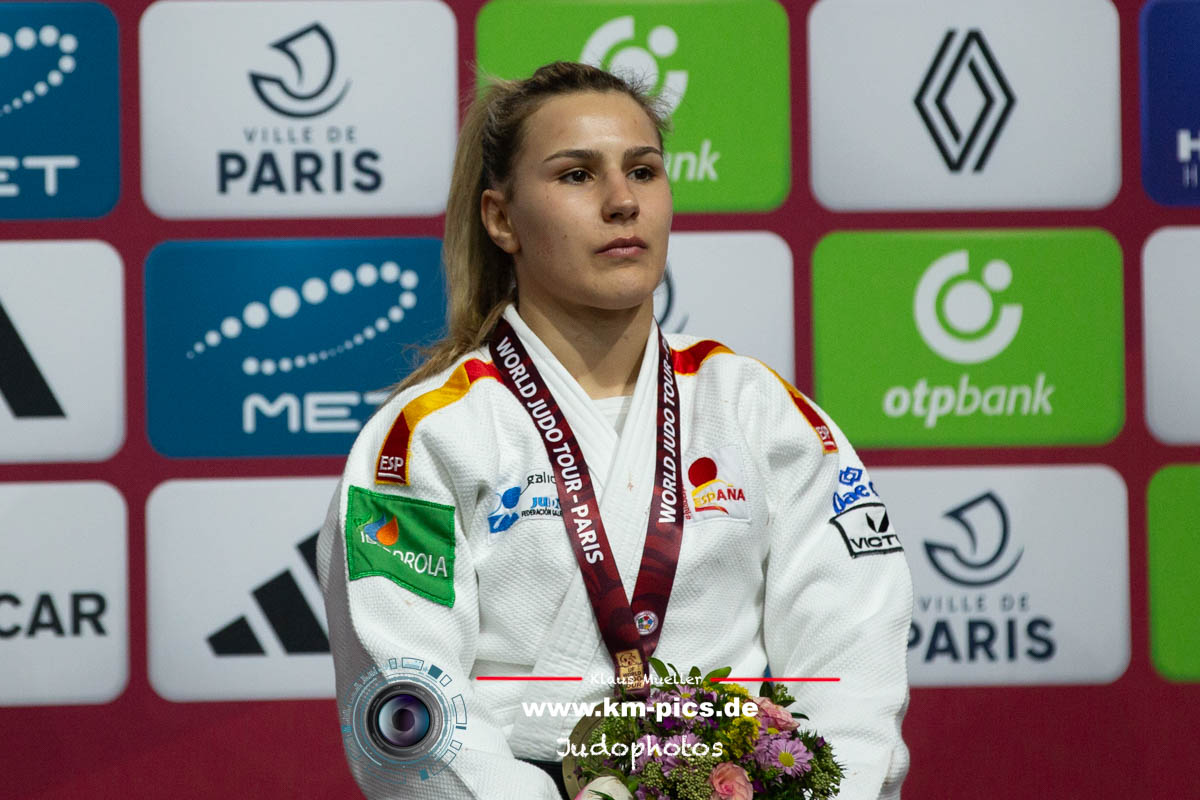IJF Olympic portrait: Udo Quellmalz
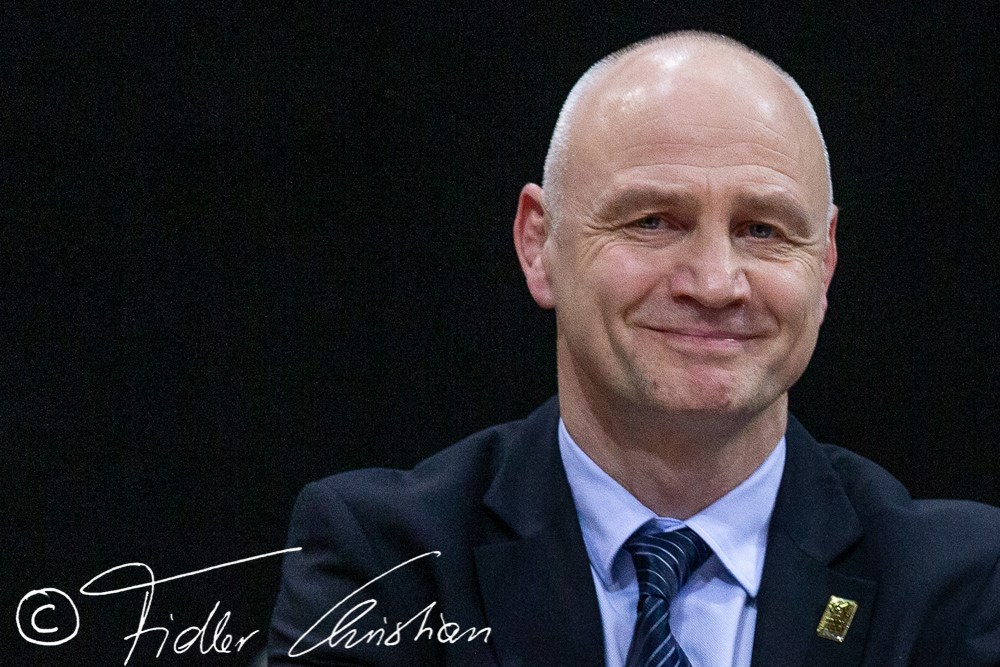
 14 Jun 2023 09:40
14 Jun 2023 09:40
 IJF Media team by Jo Crowley and JudoInside
IJF Media team by Jo Crowley and JudoInside
 Christian Fidler
Christian Fidler
Udo Quellmalz is 1996 Olympic Champion and double World Champion of 1991 and 1995. Quellmalz had won Olympic bronze in 1992 as well in his category U65kg. He collected four World Championships medals and three European medals. After his career he was performance director of the British team and coached in Austria and Qatar. Since 2018 has been supervisor of the IJF Referee commission over the past few years. He is now head coach of Judo Vlaanderen since September 2022. The IJF team portraited Quelle and asked him about that special Olympic feeling.
“What’s special about the Olympics is that four year cycle. Winning the worlds in ’95 in Japan and against a Japanese opponent was emotionally much more than winning at the Games in Atlanta but everything around the Olympics with the media focus makes it higher ranked."
"I don’t think the Olympic medal makes you something special on its own. Of course it’s a selective circle of people who can and have done it. There have to be a large number of components to fall into place at the right time and it’s not a big secret to work hard and always be surrounded by the right people. It’s not like creating an Olympic champion can be done with one set-up and one type of person, there isn’t just one single character trait. Different athletes like different coaching too.
What I can say is that I downplay my achievement a little bit but for sure I was very self-critical, a perfectionist and I think a healthy amount of that works well but a chain is only as strong as it’s weakest link. Basically to be successful you have to have excellent physical preparation, real heart at the wire and to have gone through something in training that is so hard that you build the self-confidence to do whatever it takes."
"I was also very pragmatic and I knew in advance that a few guys would be very difficult to throw for ippon. So, I worked hard for small advantages and I always wanted to attack more than my opponent, any opponent. If at any moment the fight stops, you should be ahead, that was how it was, I was thinking about hantei. Against very strong opponents this is easier said than done. You have to work hard to make it look easy. With big champions in the old days or now, it looks so easy; Abe’s sode, Maruyama’s uchi-mata and my tai-otoshi, finding position to be able to throw. This all has to be combined with having some competition success on the way, giving you the confidence and evidence and experience. No-one can tell you that you will win, you have to know it, maybe feel it."
Of course, specifically for me, the Olympic gold medal came towards the end of my career and I appreciated it a lot. I mean, you take it when you can get it!”
Has it had an impact? Did becoming Olympic champion change you as a person? "No, I think I am still the same person after winning Olympic gold but through this success I have had the privilege to meet so many people from different backgrounds and was able to have experiences I would not have had."
 like
like
 share
share

| Result | City | Date |
|---|---|---|
| 2 | Paris | 2024 |
| 1 | Abu Dhabi | 2024 |
| 1 | Zagreb | 2024 |
| 3 | Belgrade | 2023 |
| 2 | Montpellier | 2023 |
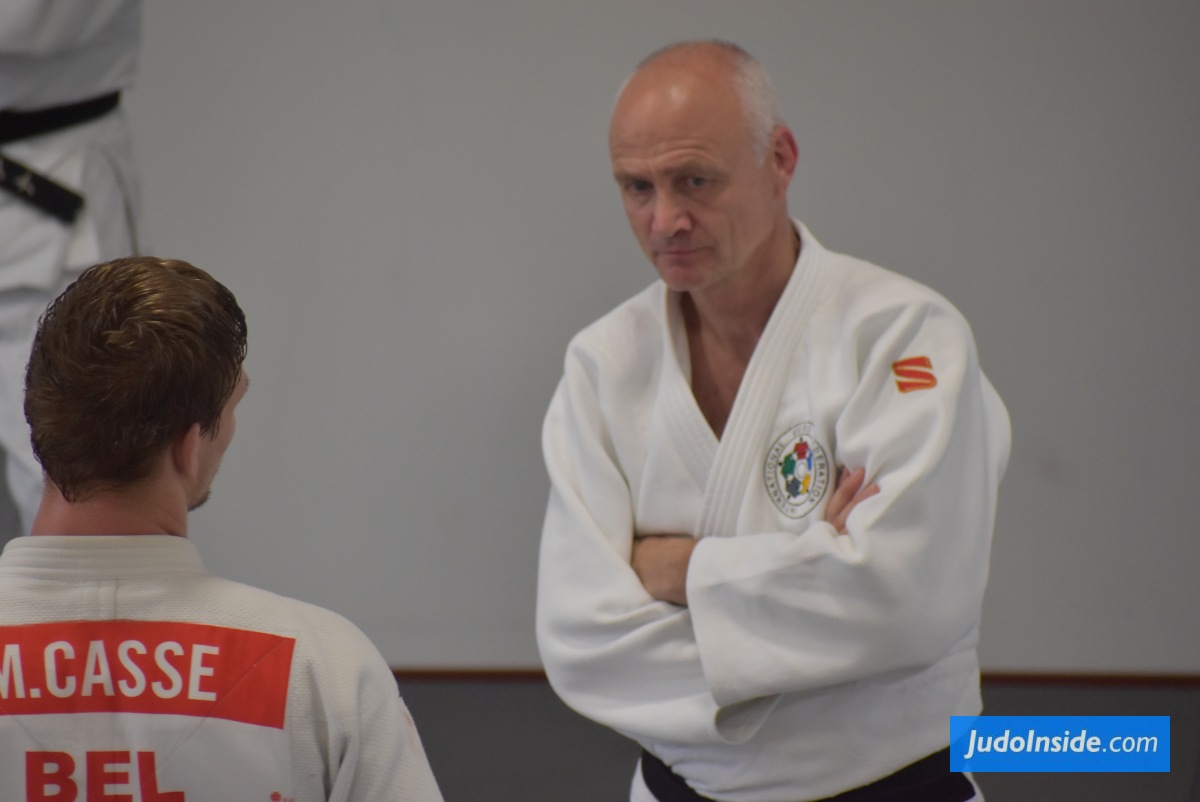
.JPG)





